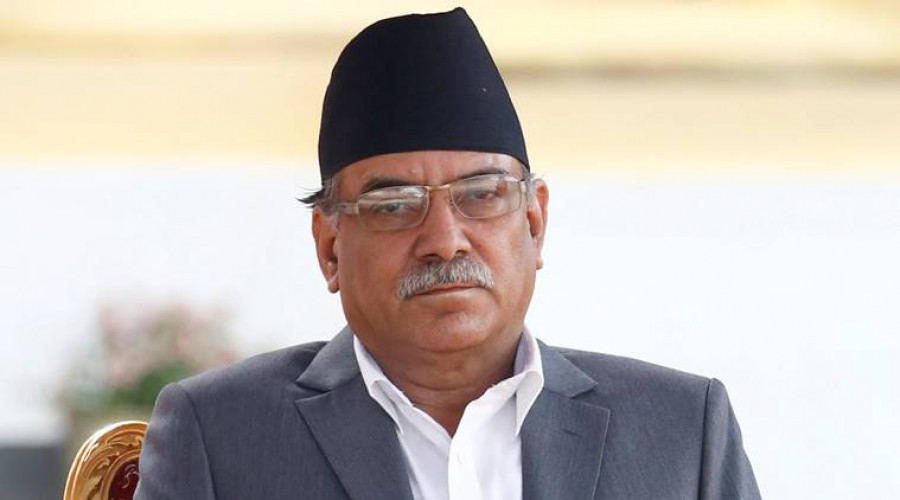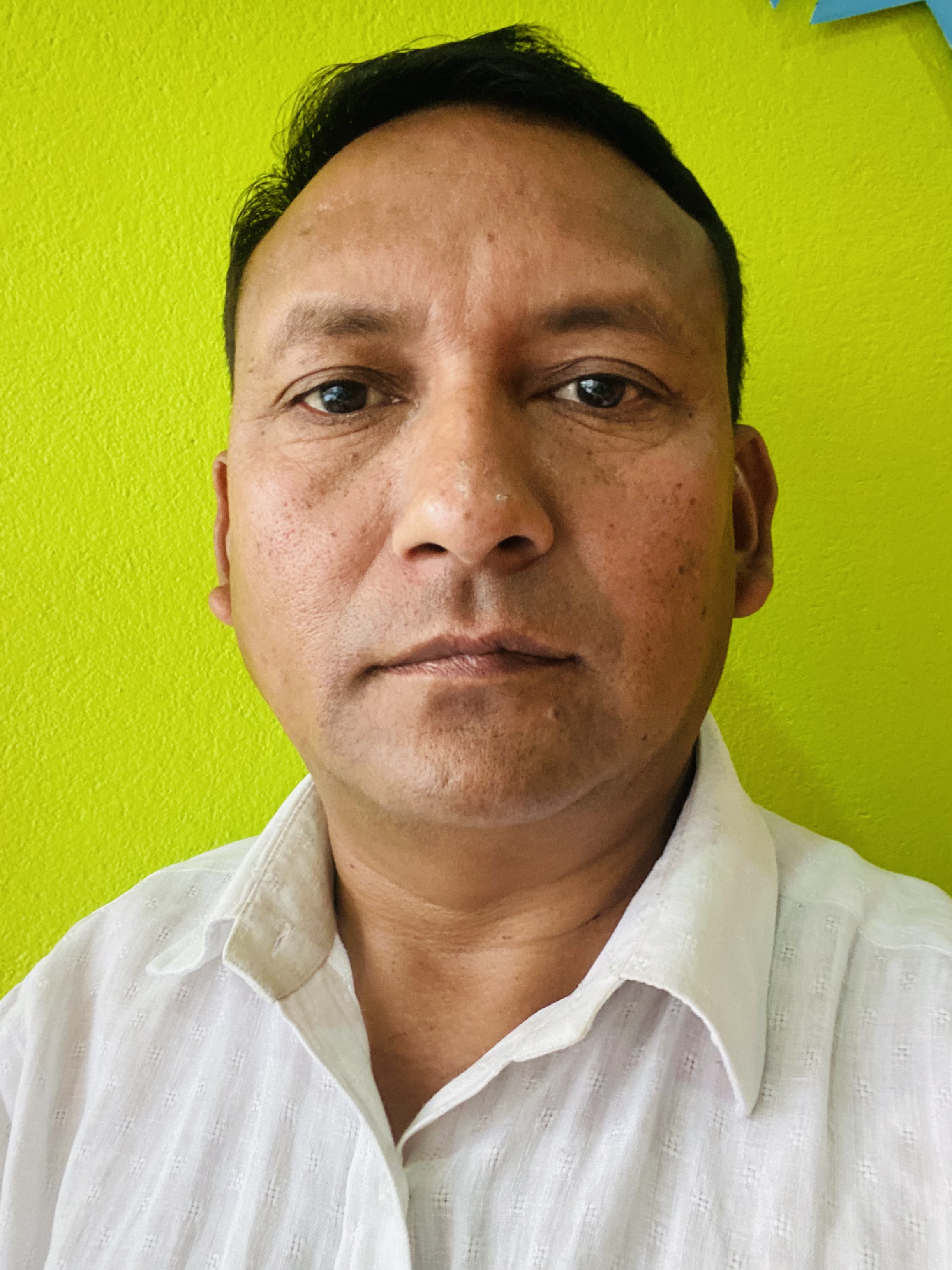Columns
Dahal’s casteist slurs
He must publicly recognise his mistake and seek an apology from Dalits.
Mitra Pariyar
On November 8, 2024, the Maoist Chair and former Prime Minister Pushpa Kamal Dahal, while addressing a public gathering of his party members in Kathmandu, attacked his opponents as kujat (lowly caste). He further added that his social intercourse with the parties in power had rendered him and his party maila dhaila (unclean, impure, filthy).
Of course, Dahal was rebuking his political rivals and not directly discriminating against Dalits. Yet, a top leader’s use of derogatory casteist slurs was deeply offensive. These terms have long been commonly used to dominate, humiliate, ridicule, exclude and demean Dalits in everyday life.
Our campaign group, the Caste Watch Network, has been raising its voice against this offence and demanding a public apology from him. I’ve spoken on some YouTube channels and written an article in Setopati online. We may as well hit the street for our dignity.
However, there’s been no outrage in the Dalit community. When I mentioned this to some noted Dalit parliamentarians, activists and intellectuals, they just shrugged it off; they didn’t even dare to protest on their social media platforms!
Why apologise?
Dahal must publicly recognise his mistake—intentional or otherwise—and seek an apology from the Dalit community. He can’t just make excuses. Here are some of the reasons for this.
First, his deployment of the casteist terms has deeply hurt Dalits. Their inability to speak out notwithstanding, most Dalits do feel humiliated, not least at the hands of the leader of a major party. If he were not powerful, Dalits would almost certainly have protested vociferously on social media and the streets.
In March 2019, a popular folk singer and the then Member of Parliament Komal Oli infuriated Dalits by using a casteist proverb—“let a dum become the king after my death” (dum being a highly derogatory term)—in one of her TV interviews. Dalits raised their voices, mainly on social media, and she was forced to formally apologise in Parliament.
Second, Dahal’s derogatory expression is illegal. He can be challenged in a court of law for crimes related to caste discrimination and hate speech. His power and influence will likely prevent a criminal investigation, but as the lawyers tell me, the case can still be taken to court.
More importantly, Dahal should apologise to Dalits for the sake of his political future. Dalit community is one of his pedestals, and he cannot afford to be alienated at a time of his rapidly declining popularity.
Many Dalits are still grateful to the Maoist party for its contribution to terminating the Hindu monarchy and establishing a system of proportional representation, including, for example, a Dalit woman in each ward office. They are grateful to him for giving them some power and confidence to fight against caste hierarchy.
They particularly remember his attempts to directly act against caste discrimination in many villages during the “People’s War’’. Dalits believe the armed struggle undoubtedly made the practice of caste discrimination less severe—even though the problem has rebounded since the end of the armed conflict.
However, Dalits have become somewhat confused and frustrated with Dahal and his party in recent years. During his three tenures as prime minister, he didn’t make any tangible effort to enforce anti-caste laws nor offer any powerful ministerial position to Dalits. Nor did he appoint any Dalit to an influential position in a state body.
So, it’s time for Dahal and his party to retain and revive the great support of the marginalised groups, including Dalits. Apologising to Dalits (perhaps unwittingly) for uttering anti-Dalit statements would help increase his popularity within the community.
Dalit servitude exposed
The lack of Dalit response to Dahal’s casteist slurs has exposed the degree of their servitude to the upper castes, especially powerful leaders. It shows Dalits’ mental slavery. Why do Dalits lack self-strength and self-confidence? This is an essential reflexive question for Dalit activists themselves.
There are many reasons for Dalits' inability to defend their dignity. One major drawback is the absence of an independent Dalit struggle. There is no Dalit ideology and philosophy other than those spoon-fed by upper-caste leaders.
Unlike in India, Nepali Dalit activists and their organisations are connected to one party or another, and a handful of parties control all resources and opportunities. Given the circumstances, a Dalit activist, politician, or intellectual not affiliated with a political party is rare. Dalits would thus be fearful of the high-caste men and women in power.
Even those Dalits who are not politically active live in fear of the party leaders. For one thing, it seems impossible to get anything done without the support of the parties. Finding employment, opening and running a business or NGO and the rest would be difficult without the backing of a powerful party.
Lives and properties aren’t considered safe in our country unless parties provide protection. Further, the parties heavily influence the courts and law enforcement so much that whenever a person is arrested for any alleged crime, the first thing the investigating officers ask is the party the suspect belongs to! And parties often protect their cadres even when they’ve committed heinous crimes like rape and murder.
Of course, these are the common issues people of all castes in Nepal face. But the marginalised sections of society are naturally more vulnerable and need to take extra measures not to offend or upset anybody in power, let alone those at the top of the food chain.
I believe the biggest problem with Dalits’ inability to fight back is their mental slavery—which I call jadaubad. Jadau is a traditional salutation by the lower castes to the upper castes, showing their deference and obedience to the masters. Dalits were required to bow before the high castes and utter jadau malik (greetings, master)!
In today’s democratic republic, Dalits aren’t obligated to show this degree of deference to the upper castes. Nor are Dalits as powerless, intimidated and impoverished as during the Rana and Panchayat regimes. Their economic and social positions are gradually rising. Yet, Dalits haven’t given up their habit of showing excessive respect to the higher castes, especially towards influential leaders.
Breaking this long and feudal habit of displaying excessive deference to the leaders—jadaubad—is a prerequisite for freeing Dalit minds and bringing forth new ideologies and strategies and thus raising a Dalit liberation struggle free from the control of the high-caste party leaders. We should start with at least some of us being brave enough to fight against leaders like Dahal when they hurt our dignity and self-worth.




 14.12°C Kathmandu
14.12°C Kathmandu















